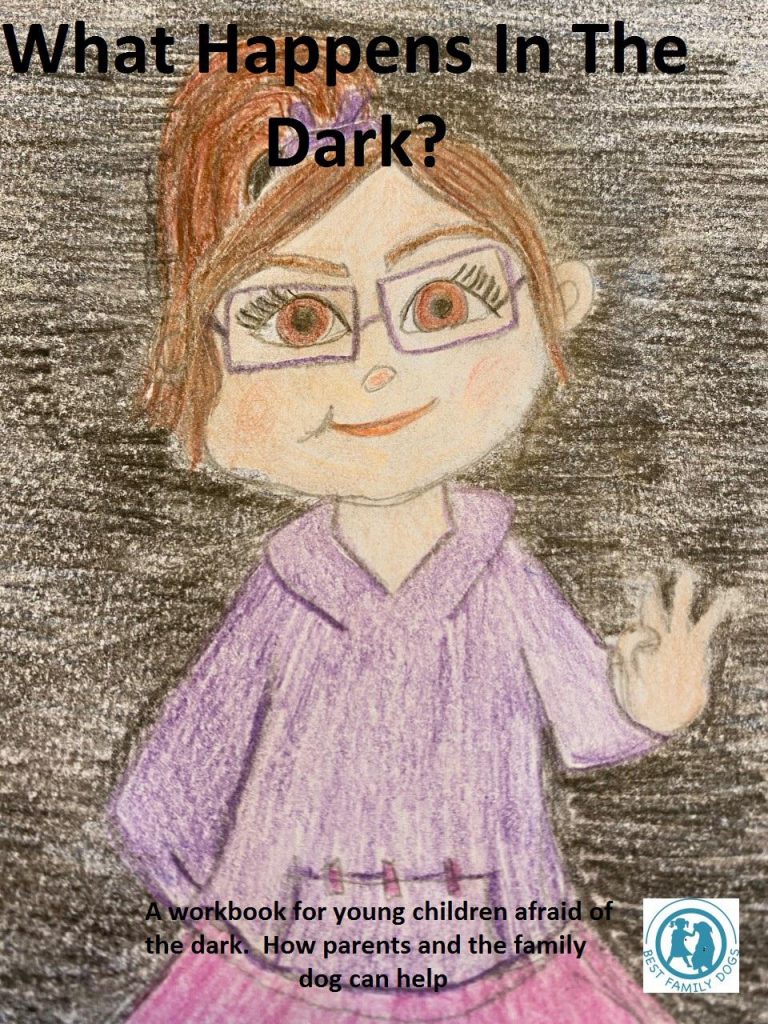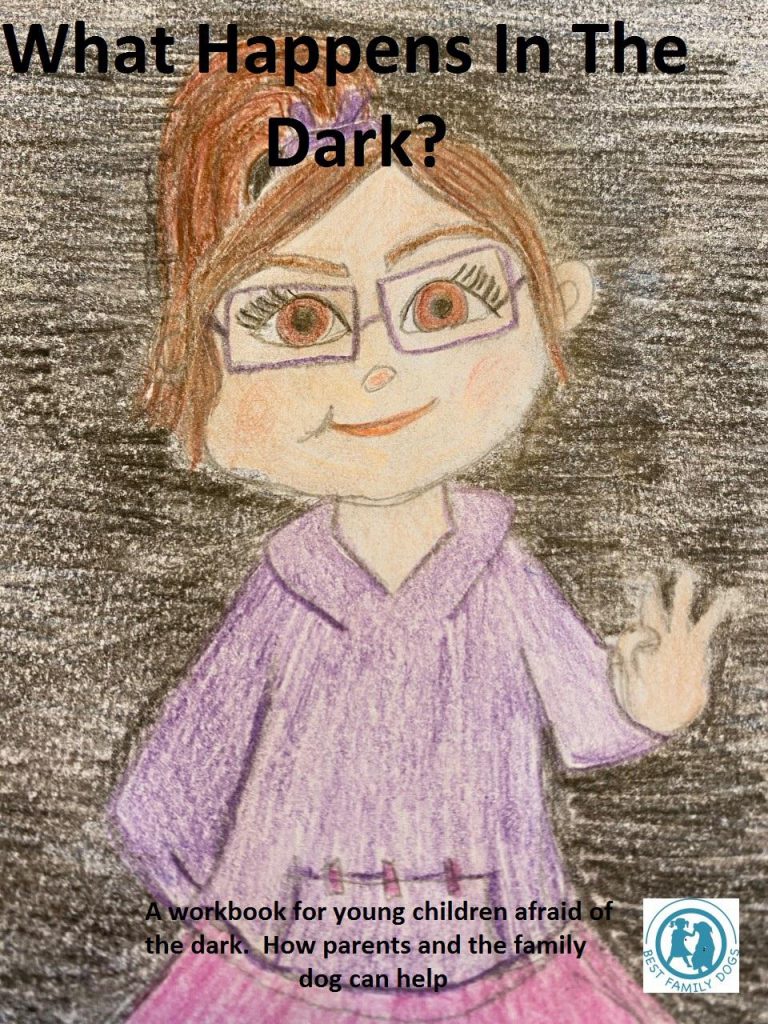I love reading to my children! They have such vast imaginations! Children are so full of wonder that naturally, they also start to explore the emotions of fear. One of children’s first fears is – fear of the dark. If you have a toddler or preschooler at home, you may have noticed the same fear. That’s why I wrote the book “What Happens in The Dark?”.
Dream Development in Young Children
Research shows that children start to notice they dream around age 2 and a half years of age. At this point they also start to have the occasional nightmare. Dreams are confusing to them ,they may not recognize it was a dream and think a dreamt event happened “yesterday” for example. They also start to have nightmares as their brains grow and develop at the fastest rate they will grow at any other point in their whole life! The pre-verbal phase is challenging to learn and discuss your child’s dreams but as their verbal skills improve they can begin to let you in on their dream journeys.
Children are Most Comfortable When They Have Control
As much as they love to explore “safe” dark spaces during the day, the play fort, or the bathroom with the lights off, this darkness they can control. Darkness changes at nightfall, out of their control, and this can lead to night-time anxieties.
How The Family Dog Helps Your Child’s Development
Children who grow up with a family dog have an extra advantage of a pet-sibling to share experiences with. The family dog will always be a willing playmate who will quietly play along, without confrontation or criticism. This non-judgmental approach helps your chid explore with confidence. Dogs also have senses that work to their advantage in the dark.

How The Ebook “What Happens in The Dark?” Helps Children
I created a story workbook with the intention of a bedtime story that also helps children work through their fear of the dark. It is a children’s story that can be used to guide parents to ask prompting questions and gives children the opportunity to verbally and non-verbally show what they are thinking. Some solutions are offered that can be done at home and give your child back a sense of control, and help develop coping skills to conquer their fear of the dark.
Read and Engage with your child after reading my book! What did you like the most?!

